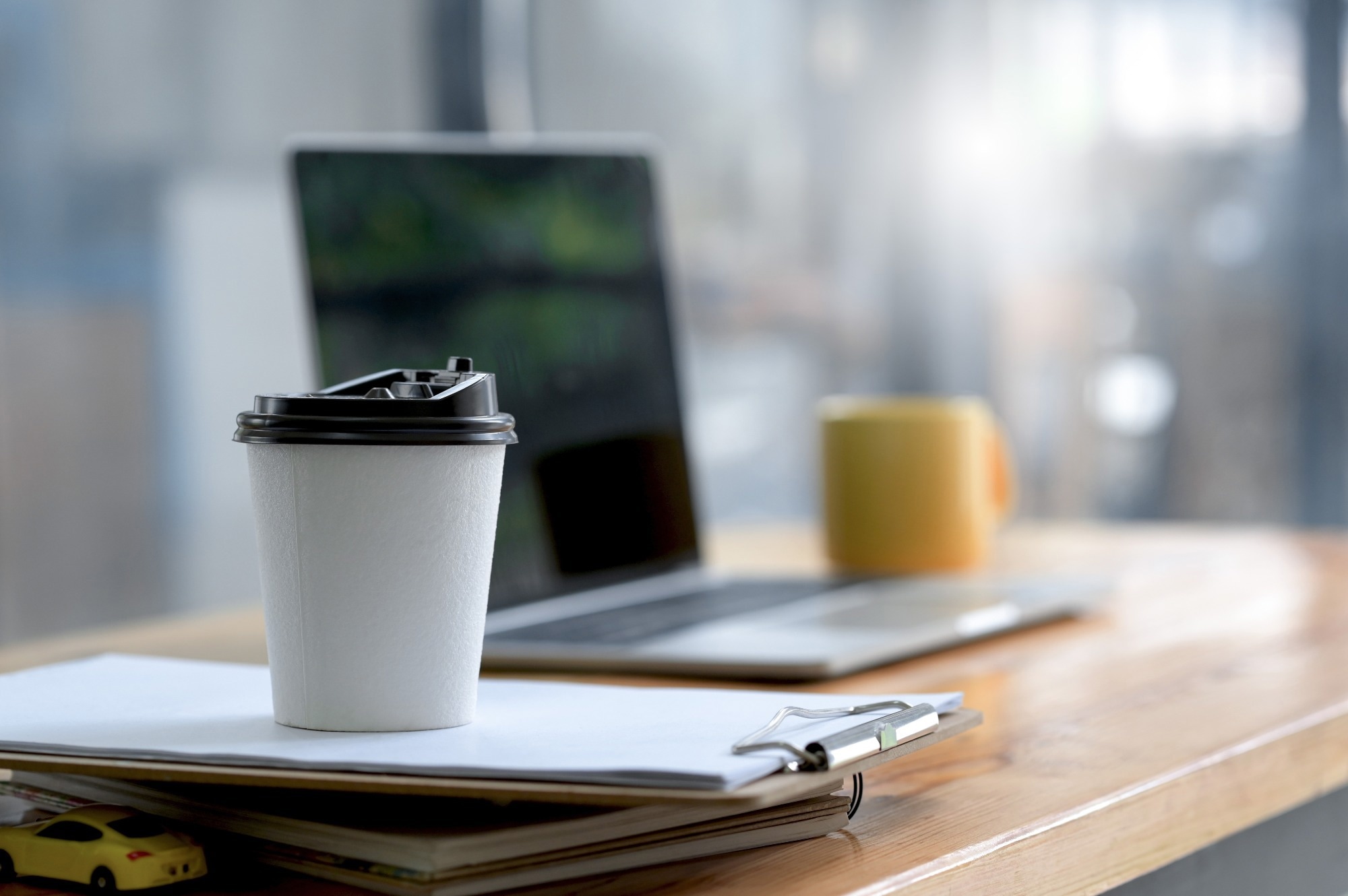Their results indicate that some "takeaway" coffees contain significantly higher caffeine levels than homemade coffees, suggesting that recommendations should consider both the number of cups and the caffeine content to prevent excessive intake.
 Study: Evaluation of the Caffeine Content in Servings of Popular Coffees in Terms of Its Safe Intake—Can We Drink 3–5 Cups of Coffee per Day, as Experts Advise? Image Credit: Kong Varakorn/Shutterstock.com
Study: Evaluation of the Caffeine Content in Servings of Popular Coffees in Terms of Its Safe Intake—Can We Drink 3–5 Cups of Coffee per Day, as Experts Advise? Image Credit: Kong Varakorn/Shutterstock.com
Background
There is growing evidence of the health benefits of drinking coffee, including a reduced risk of type 2 diabetes for regular drinkers. Researchers have also found an inverse relationship between coffee consumption and cognitive decline in some populations.
While experts recommend drinking between three and five cups of coffee daily as part of a healthy diet, there is confusion about what constitutes a "cup" due to varying serving sizes and caffeine content.
Coffee is known for its caffeine, but other compounds influence its health effects. The caffeine content in coffee can vary widely based on factors such as what kind of beans are used, how they are brewed, and what the serving size is.
These variations create a need for more specific guidelines on coffee consumption, especially considering the rise of chain coffee shops.
Authorities like the European Food Safety Authority recommend a safe daily caffeine intake of up to 400 mg for adults and suggest more practical guidelines to help consumers manage their caffeine intake effectively.
About the study
The study aimed to analyze the caffeine content in popular coffee servings from both commercial and homemade sources through two separate analyses.
The goal was to identify coffee types with caffeine content within the safe range of 75-200 mg per serving and assess their compliance with recommended daily caffeine intake limits.
In the first part, researchers collected 208 samples of four common coffee types (Americano, espresso, cappuccino, and caffè latte or latte macchiato) from various franchise shops, bakeries, petrol stations, restaurants, and grocery stores in Poland.
These samples were analyzed for their caffeine content using high-performance liquid chromatography (HPLC), which allowed researchers to obtain precise and accurate estimates of their caffeine levels.
The second part involved testing 91 samples of homemade coffee infusions prepared in a laboratory setting, including instant and ground coffee. Each sample was brewed using a standard method and analyzed similarly.
Statistical analysis was performed to evaluate the differences in caffeine content across the various coffee types and serving sizes.
Findings
The study found that the caffeine content in different coffee servings varied widely, averaging 83 mg per serving, ranging from 13 to 309 mg. Coffees from franchise shops generally had more than three times the caffeine content of homemade coffees.
Among the coffee types studied, Americano showed the highest average caffeine content. The lowest was seen in coffee brewed by pouring hot water over the ground coffee. Approximately 42% of the coffee samples contained 75–200 mg of caffeine per serving, a range considered beneficial for mental alertness.
However, 19% of Americano samples exceeded 200 mg per serving, posing a risk of overconsumption. Drinking three to five servings of certain types of coffee, like Americano or cappuccino, could potentially exceed the recommended safe daily caffeine intake of 400 mg, especially with high-caffeine servings.
Conclusions
The study revealed significant caffeine content variations across different coffee types, which is critical as caffeine intake estimation can often be inaccurate.
The findings showed that franchise shop coffees generally had higher caffeine levels than homemade ones. This aligns with previous research but highlights discrepancies, such as Americano coffees from bakeries having more caffeine than those from coffee shops, unlike past studies.
The study's strengths include its large sample size (299 samples) and practical relevance, especially for homemade coffee, which is common in Poland. However, limitations include a lack of detailed information on coffee preparation methods, which could influence caffeine content.
The study underscores the need for consumers to be aware of the caffeine content in different coffee products, as consuming four or five servings daily from shops can easily exceed the safe limit of 400 mg of caffeine.
This overconsumption risk is especially pertinent given that caffeine also comes from other sources like tea and energy drinks and should not be disregarded, as high levels of caffeine consumption can raise heart rates and cause muscle tremors, gastrointestinal issues, and insomnia.
Future research should focus on developing more practical guidelines for safe caffeine consumption, considering both the number of servings and the strength of different coffee types.
Additionally, personalized caffeine recommendations could be explored, given the varying metabolic rates among individuals.